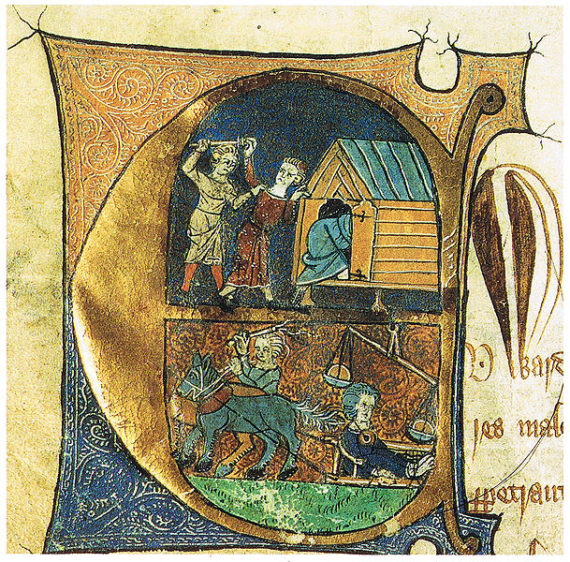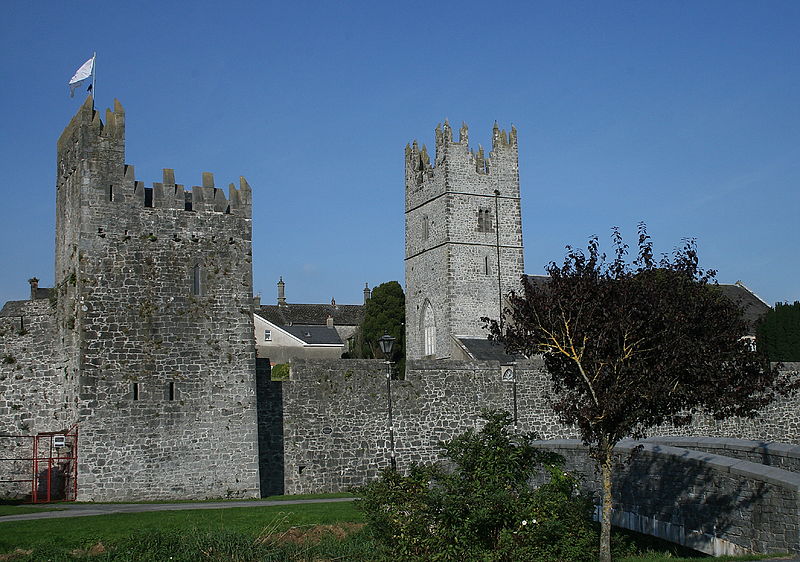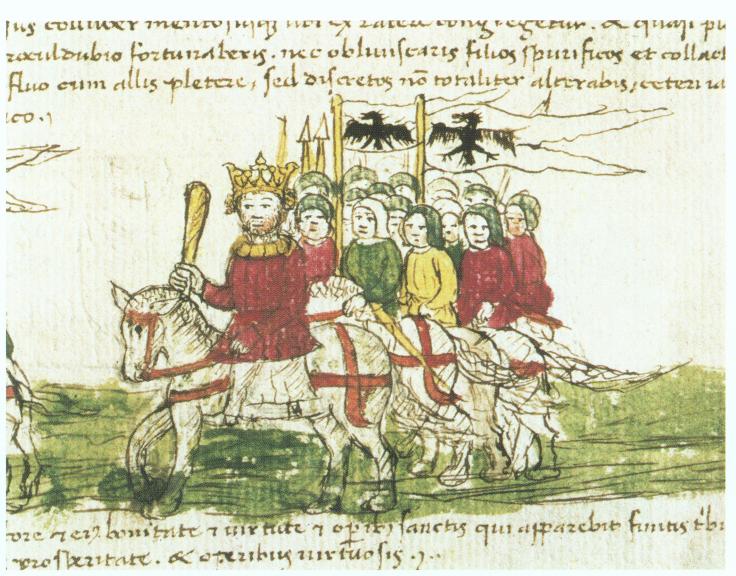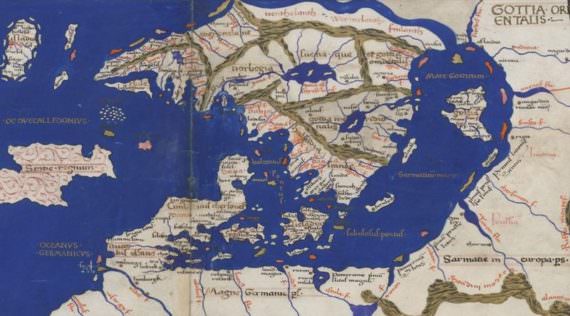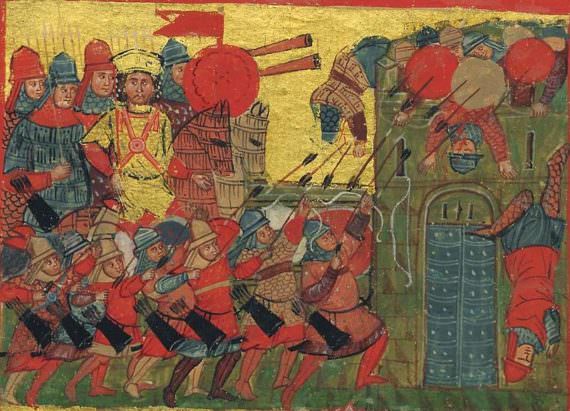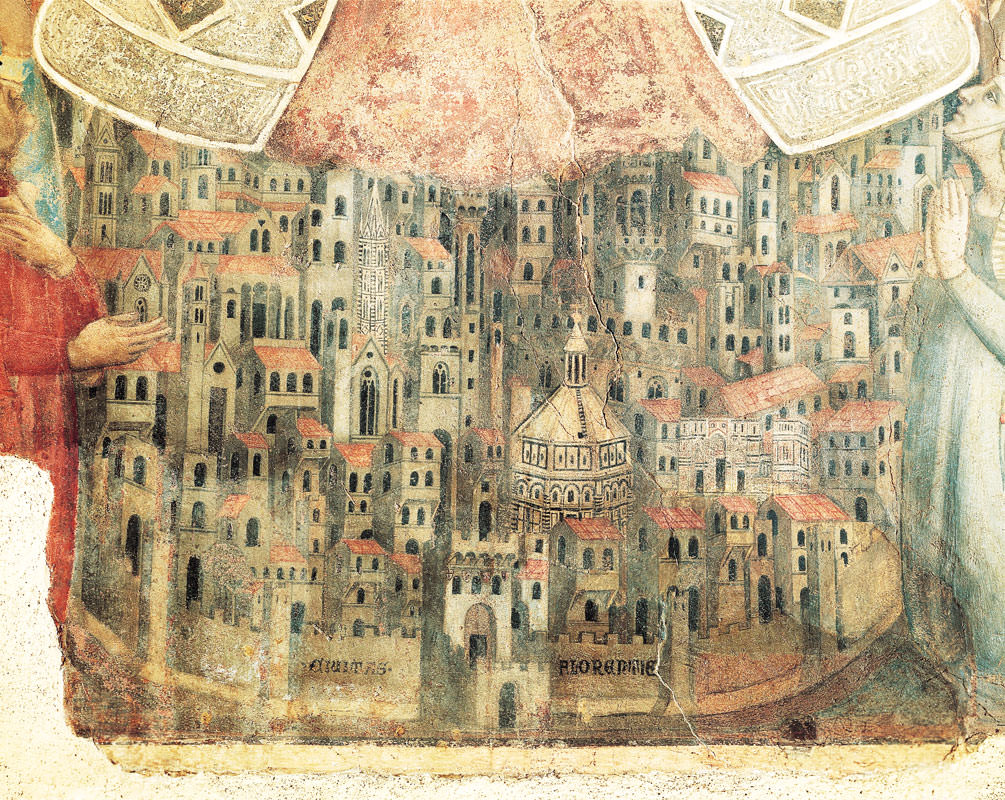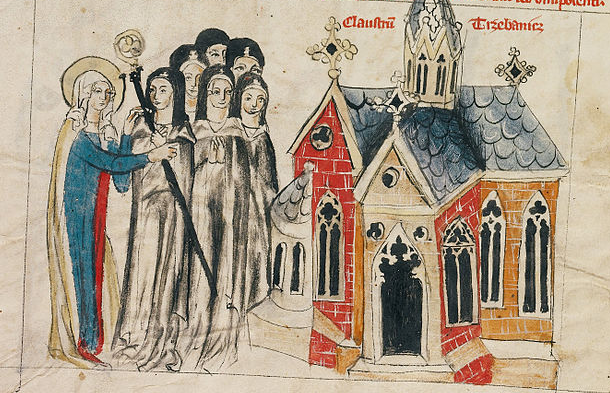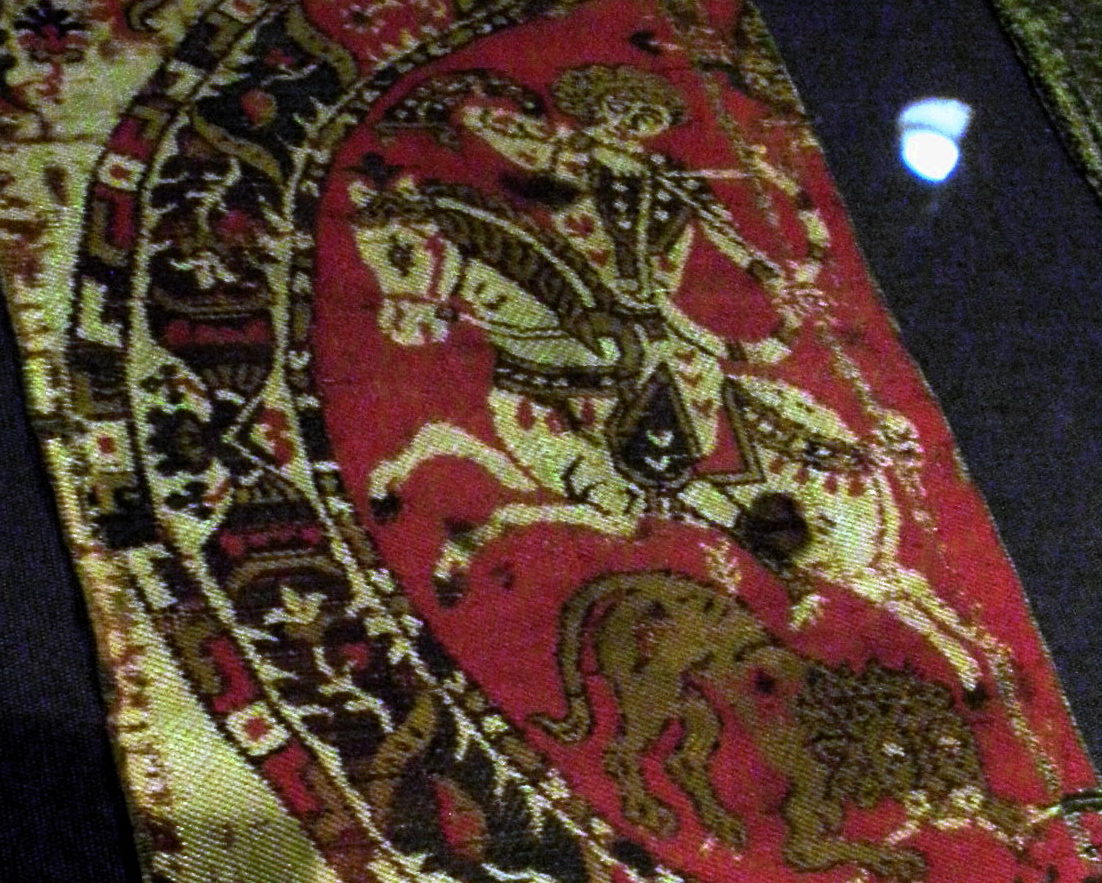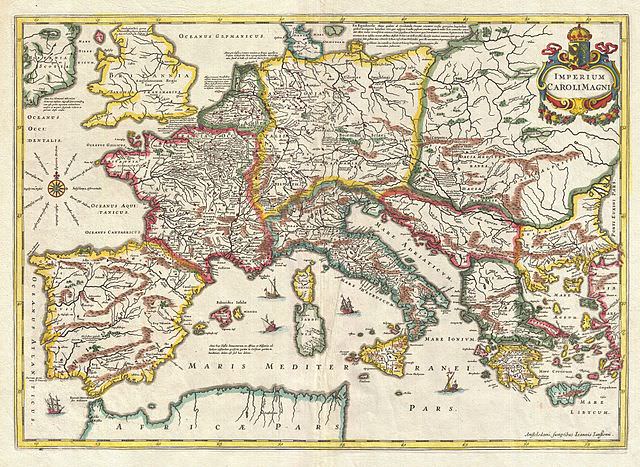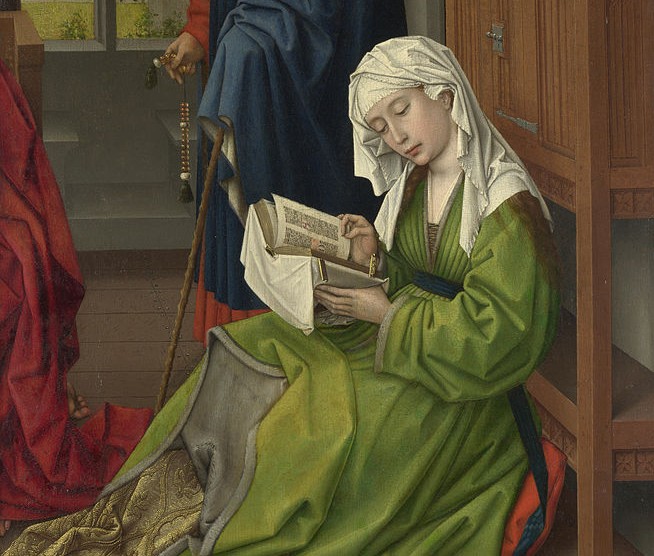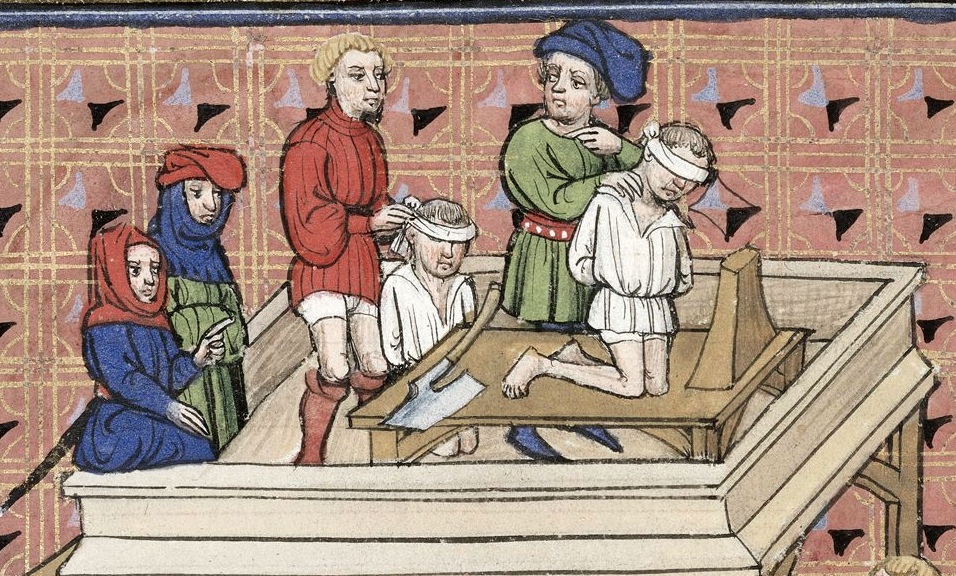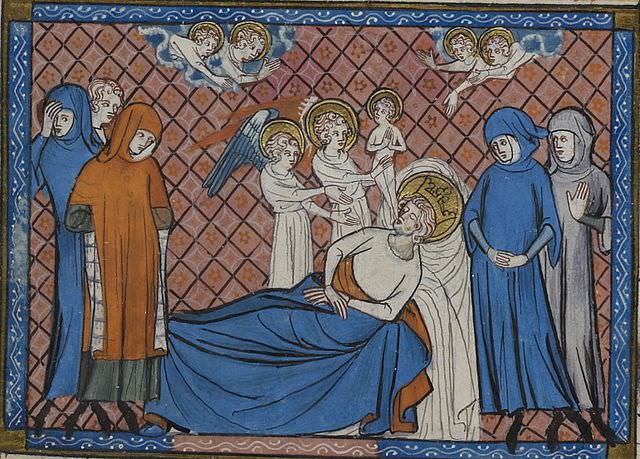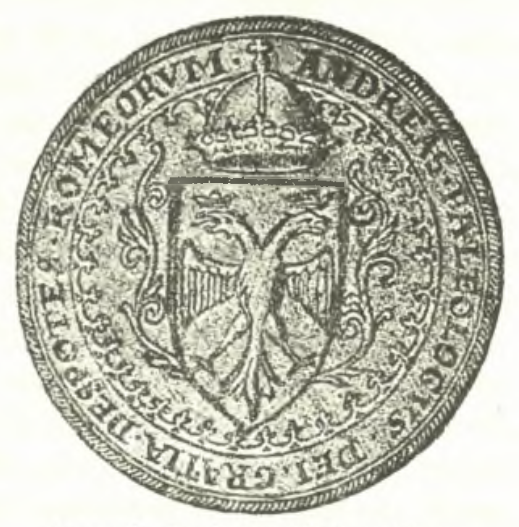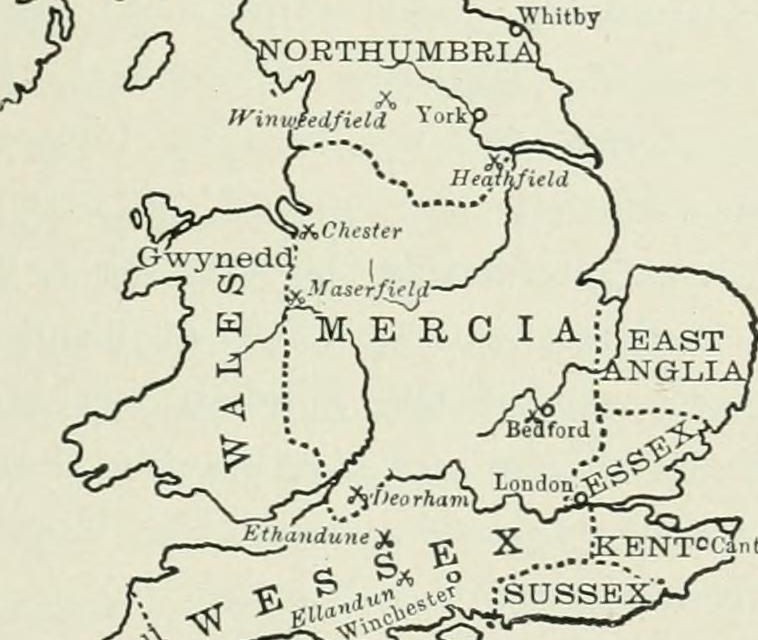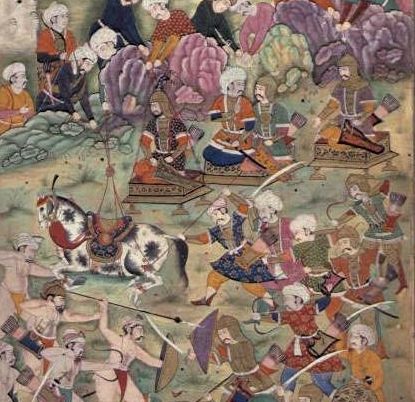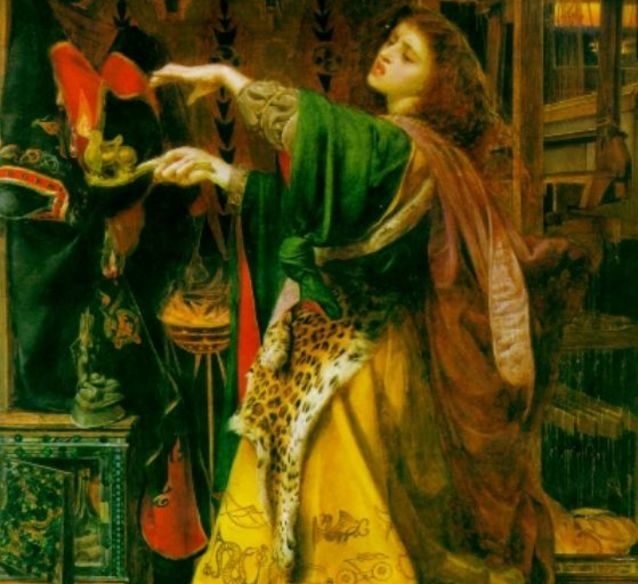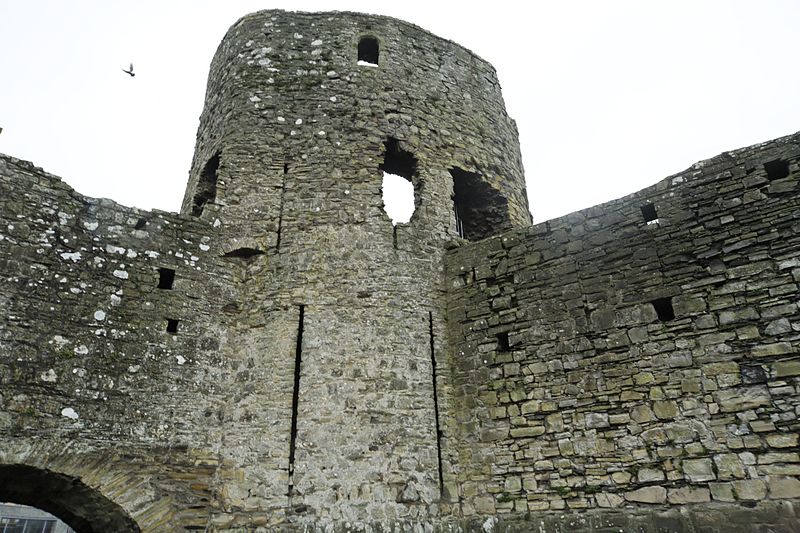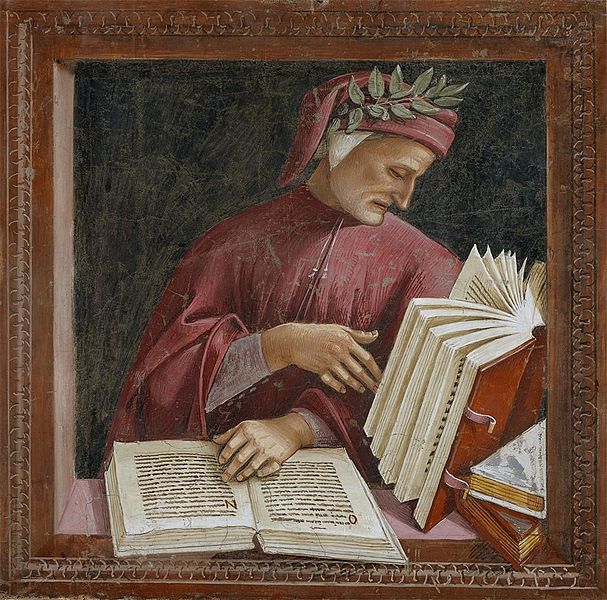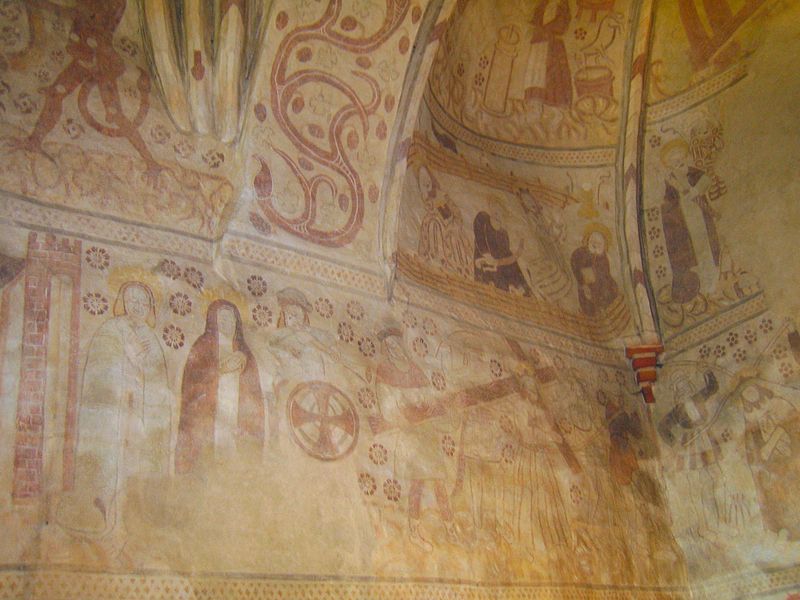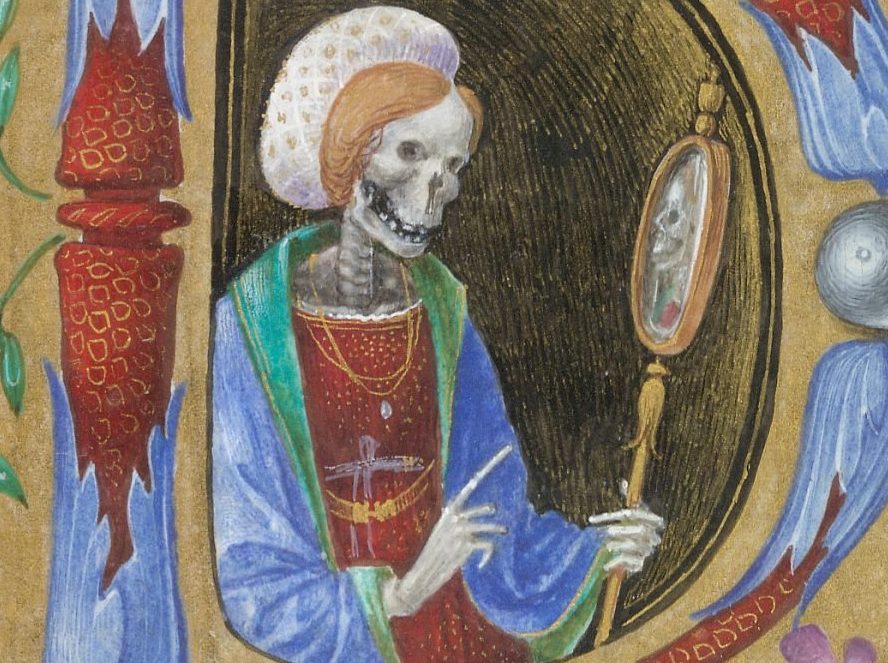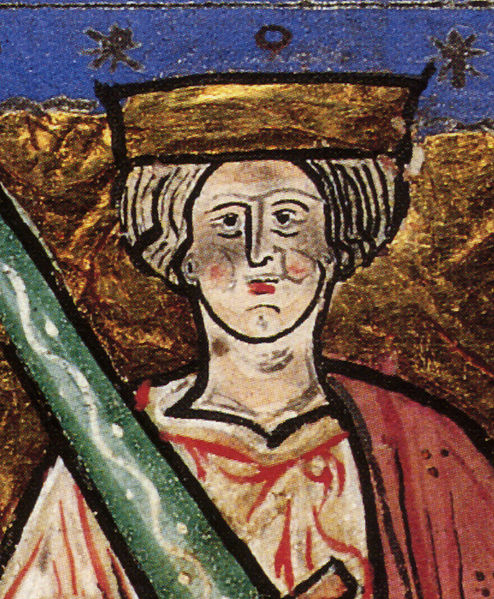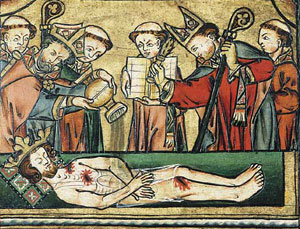Mutilation and the Law in Early Medieval Europe and India: A Comparative Study
Such penalties, the rhetoric surrounding their use, and the circumstances in which they were prescribed sound very familiar to a historian of early medieval Europe, where the language and targets of such precepts were similar to those set out in the Indian material.
The defensibility of Irish Tower Houses
Recent research carried out at Queen’s University, Belfast has taken a slightly different approach to the study of tower-houses. Instead of looking at the tower as a whole, this study focused on one important feature of the tower-house – the door – crucial to the defence of the tower.
Nature during the Crusades: Physical and psychological affects from the environment in crusader narratives
As the crusaders were highly affected by their religion so also were these encounters with nature interpreted within the religious framework. Therefore, it is interesting to see how the crusaders wrote about these encounters with nature.
The Development of Merchant Identity in Viking-Age and Medieval Scandinavia
What, precisely, did a medieval or premedieval Scandinavian merchant do? What were the expectations placed upon them, and how did they figure into the broader society of the medieval Nordic world?
Mirrors of the World: Alexander Romances and the Fifteenth Century Ottoman Sultanate
The beginning of the fifteenth century offered a narrative link between the Ottoman and Alexandrine historical contexts that has been overlooked thus far.
A Renaissance Instrument to Support Nonprofits: The Sale of Private Chapels in Florentine Churches
The most important nonprofit in Renaissance Florence, the Church had two clear objectives: to address the needs of the parishioners, and to build churches in order to propagate the faith.
Recovering the Histories of Women Religious in England in the Central Middle Ages: Wilton Abbey and Goscelin of Saint-Bertin
Building upon the efforts made by scholars over the past twenty years to enrich our understanding of literary cultures fostered within English communities of women religious during the central Middle Ages, this article offers evidence of these women keeping their communities’ histories and preserving their saints’ cults through their own writing.
Archery in the Preface to Procopius’ Wars: A Figured Image of Agonistic Authorship
This article is a case study in the problems that can arise when a narrow interpretive lens is brought to historical texts by modern historians interested primarily in the facts of military history.
Under the ‘Romans’ or under the Franks? Venice between Two Empires
At the beginning of the ninth century, the Venetian duchy ran the risk of losing the autonomy that it had recently obtained from its former overlords, the Byzantine emperors.
“The quality of women’s intelligence”: female humanists in Renaissance Italy
This thesis examines how the advent of humanism in Renaissance Italy impacted women, namely those who were raised within intellectual families and granted educational opportunities not before afforded to members of their sex.
The Execution and Burial of Criminals in Early Medieval England, c. 850-1150
This thesis seeks to discover where criminals where buried after the Norman Conquest and examines the influences behind the changes in funerary treatment of judicial offenders.
The Experience of Sickness and Health During Crusader Campaigns to the Eastern Mediterranean, 1095–1274
This thesis proposes the reading of medieval chronicles, specifically those of the crusades, for their medical content. The crusades left a mark on the historical record in the form of dozens of narrative sources, but texts such as these are rarely considered as sources for medical history.
The Social Scope of Roman Identity in Byzantium: An Evidence-Based Approach
This contribution concerns a specific point that no one has so far elucidated fully with reference to the evidence found in the sources: What was the social scope of attributions of Roman identity in Byzantine sources?
Fierce, Barbarous, Unbiddable: Perceptions of Norse-Gael Identity in Orkney-Caithness c.1000-1400
The purpose of this Master’s thesis is to analyse the perceptions of Orcadian Norse-Gael identity as they are found in medieval written sources.
The War for Mercia, 942-943
This article examines political and military developments in the midlands during the reign of Edmund I, including the West Saxon king’s campaign in the Five Boroughs, the subsequent attacks by the Viking king of Northumbria, and the treaty between the two in 943.
Multi-Agent Simulation of the Battle of Ankara, 1402
In 1402, at the north of the city of Ankara, Turkey, a battle between Ottoman Empire and Tamerlane Empire decided the fate of Europe and Asia. Although historians largely agree on the general battle procedure, the details are still open to dispute.
Masks of the Dark Goddess in Arthurian Literature: Origin and Evolution of Morgan le Fay
The world of Arthurian legend is one steeped in mythology and magic. Such tales often feature perplexing and seemingly contradictory characters: a primary example of such a character is Morgan le Fay.
When We Were Monsters: Ethnogenesis in Medieval Ireland 800-1366
Ethnogenesis, or the process of identity construction occurred in medieval Ireland as a reaction to laws passed by the first centralized government on the island.
Dante and the “Dead White Dude” Dilemma: Exploring the Complexities of Diversity and Controversy in Medieval Literature
While literature programs should be more diversified, it is still possible to hear from marginalized voices and discuss current controversial issues through older canonical texts. Dante Alighieri does this exceptionally well in his Divine Comedy.
A Lifeʼs Worth: Reexamining Wergild in the Anglo-Saxon Royal Law Codes (c. 600-1035)
In the wide and growing world of Anglo-Saxon scholarship, wergild has an at once ubiquitous and spectral presence.
Women and Demons in the Late Medieval Wall Paintings in the Church of Espoo (Finland)
The aim of the article is primarily to examine late medieval wall paintings in the church of Espoo that include women with some form of diabolical entity.
The Walking Dead in Medieval England: Literary and Archaeological Perspectives
The aim of this study is to analyse the popular perception of the walking dead – ‘revenants’ – in medieval England, using both written and archaeological sources.
Time Loves a Hero: Alarcos, Alfonso IX, and A Lost Crusade (from 1197)
There are few kings that get such a consistently bad rap in medieval Iberian studies as Alfonso IX of Leon.
Making or Breaking a King: Kingship Ideals in Anglo-Saxon Historiography
This research will fit into the niche between works on specific kings and the analyses of those texts pertaining directly to them, since it will add a comparative angle. It will discover the ways in which written medieval sources created a literary image of a king, as opposed to only preserving the facts.
Across the North Sea and Back Again: A Comparative Study between the Cults of St. Olav and St. Edmund
This thesis serves to examine the transmission of royal missionary saints between Norway and England during the eleventh and twelfth centuries, focused on the cult of St. Olav and the cult of St. Edmund.
